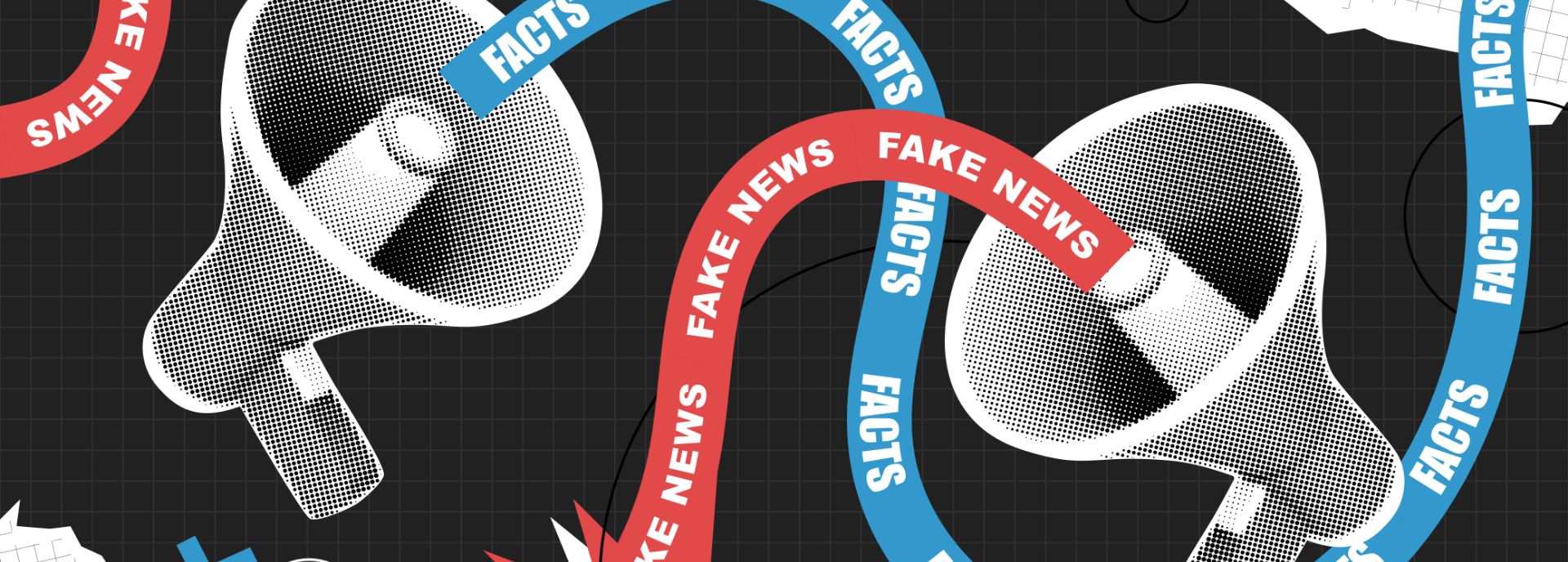
TAKEAWAYS
Like moths to flames, conspiracy theorists tend to gravitate to any whisper of information that fuels their suspicions and distrust. People who endorse one theory, such as believing the US government was behind 9/11 or that COVID-19 vaccines contain microchips also tend to endorse other conspiracy theories, even when they are logically inconsistent with each other.
Conspiracists find it hard to trust others, often due to past experiences of rejection or isolation. This sense of disconnection drives them to seek validation from others who share their beliefs. When they see others behaving similarly, it signals social acceptance, and they feel more connected.
But this need for connection can also be a leverage point to combat misinformation. Providing alternative ways to fulfil people’s need for connection can reduce the urge to seek social approval from others and make them less likely to believe and spread misinformation.
Our recent research1 presents one approach to meet this need: making people’s meaningful relationships salient. In particular, my co-authors2 and I explored whether reminding people about their romantic bonds could shield conspiracists from misinformation about the COVID-19 virus during the early stages of the pandemic.

Our study involved 555 participants, living in the United States, in monogamous, heterosexual relationships. First, we assessed their general susceptibility to believing in conspiracy theories.
Over three weeks, we conditioned individuals in the experimental group to associate their romantic partners with positive emotions and experiences. This intervention involved pairing their romantic partner’s first name or role with highly positive and approachable stimuli, such as pictures of sunsets or words like “wonderful”. Meanwhile, individuals in the control group saw neutral words and images. Building on past work showing that such conditioning can strengthen positive feelings towards the same partner over time, we designed the intervention to boost the positive associations typically seen in safe and rewarding romantic relationships. Importantly, this technique effectively fulfils the need for connection, safeguards vulnerable individuals and reduces feelings of disconnection and social isolation that contribute to suicidal thoughts.
We assessed how much participants trusted fellow citizens and strangers – individuals they might normally distrust – as well as their daily beliefs and behaviours. These included people’s trust in government and public health institutions, trust in mainstream media, time spent with mainstream news, concern about COVID-19, trust in social distancing policies and engagement in public health recommended behaviour.
Results revealed that individuals in the control group highly prone to conspiratorial thinking had significantly less trust in their community members. However, for individuals high in conspiratorial thinking who were conditioned to associate their romantic partners with positive images and words, the need for social connection was satisfied, and their distrust reduced.
We further gauged how susceptible the public was to believing COVID-19 misinformation. This involved creating a daily index to measure negative social media comments about the White House Coronavirus Task Force, Google searches for COVID-19 myths and the percentage of people staying home in participants’ states – three indicators reflecting how much the public was influenced by misinformation.
In the control group, individuals high on conspiratorial thinking aligned their beliefs with daily misinformation about COVID-19. Specifically, they were less likely to believe in the true public health reality on days with greater amounts of misinformation circulating. In contrast, people highly prone to conspiracy beliefs in the experimental group weren’t significantly affected by daily misinformation.
In other words, meeting the need for social connection through romantic relationships helped protect conspiracy theorists from believing COVID-19 misinformation. It also persuaded them to treat COVID-19 as a serious public health issue, making them trust health authorities and the media during the pandemic. Importantly, these effects persisted over time.
Combatting organisational misinformation is a priority for many leaders, given its high costs. As organisations and contexts grow in complexity and the risk of misinformation increases, executives should think about how to design new processes and tools to limit the rise and spread of misinformation.
Our study used a very simple technique to enhance social connection during the early days of the pandemic when social activities were limited. But the same principle could be applied to other types of interventions targeting different kinds of relationships. For instance, focusing on the meaning of compliments from a partner, trying new things together or cherishing happy memories with colleagues or friends, might help conspiracy theorists become less susceptible to misinformation.
Misinformation spreads, in part because it offers a sense of order in uncertain and threatening situations, providing genuine protection against both physical and psychological stressors. Strengthening these connections in daily organisational life can give people real, rather than imagined, reasons to feel safe in the world.
David Dubois is Associate Professor of Marketing and Co-Director of the Leading Digital Marketing Strategy and Driving Digital Marketing Strategy programmes, INSEAD. This article is republished courtesy of INSEAD Knowledge, the portal to the latest business insights and views of The Business School for the World. Copyright INSEAD 2024.
1 “A moth to a flame? Fulfilling connectedness needs through romantic relationships protects conspiracy theorists against COVID-19 misinformation”, Current Research in Ecological and Social Psychology, Vol 4, 2023, 100111
2 Co-authors include Sandra L. Murray and Ji Xia, SUNY Buffalo; Veronica Lamarche, University of Essex; Mark D. Seery, SUNY Buffalo; James McNulty, Florida State University; Dale W. Griffin, University of British Columbia; Deborah E. Ward, Saginaw Valley State University; Han Young Jung, University of Minnesota; and Lindsey Hicks, Florida State University